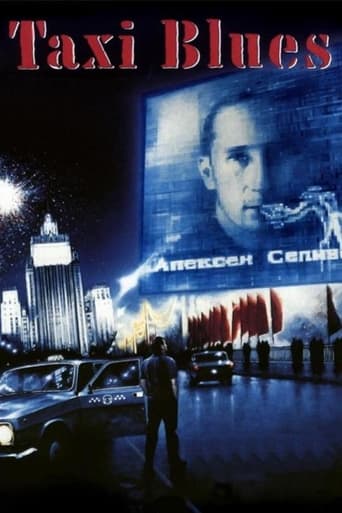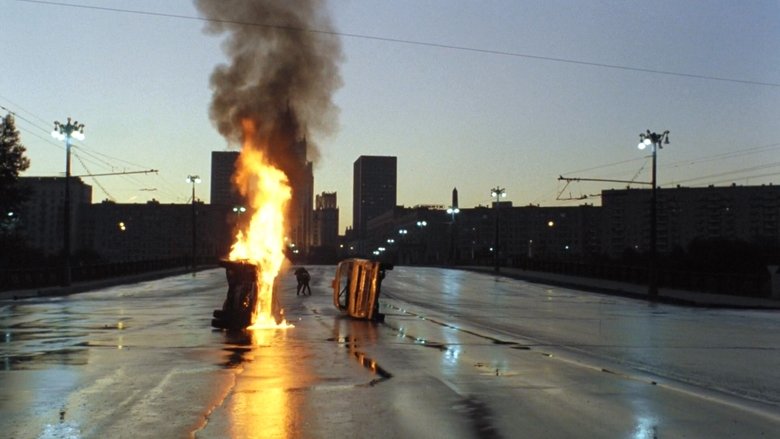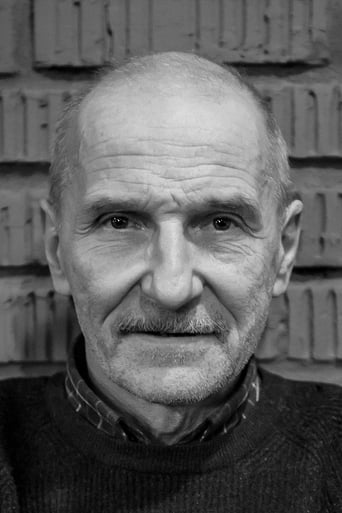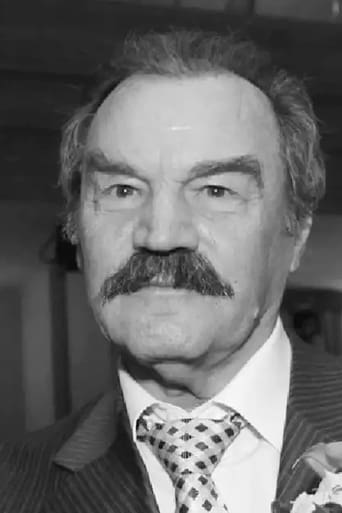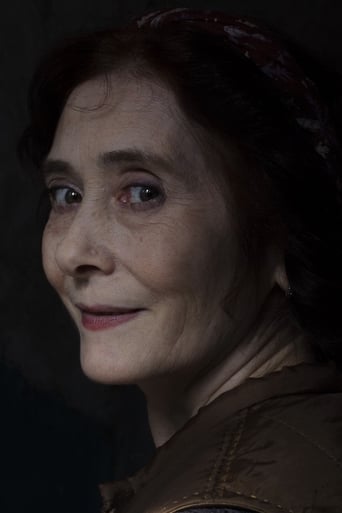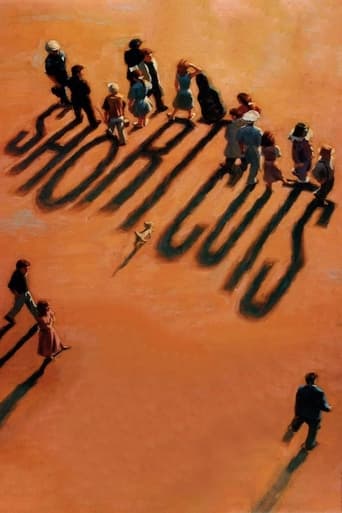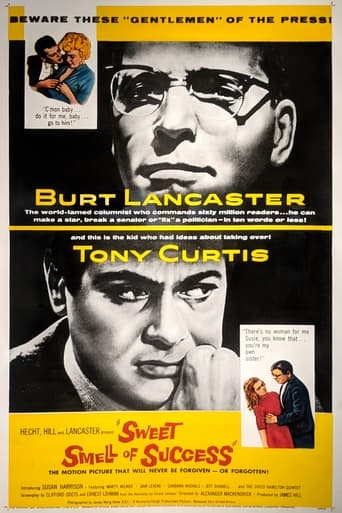Taxi Blues (1990)
Ivan is old Russia: thick, dour, hard-working, often brutish; he misses Communism. He drives a taxi and one night meets Alexi, a new Russian, a musician, an alcoholic, irresponsible. Alexi stiffs Ivan for the fare, so Ivan tracks him down and a love-hate relationship ensues. When Alexi lets the bath water run over in Ivan's flat and Ivan must pay 500 rubles for repairs, he tries to force Alexi into day labor to repay him. It's hopeless. Then, suddenly, Alexi is discovered, goes on a jazz tour of America, becomes a celebrity, and returns in triumph. Ivan longs to renew the friendship, and it looks as if he may get what he wants.
Watch Trailer
Cast
Similar titles

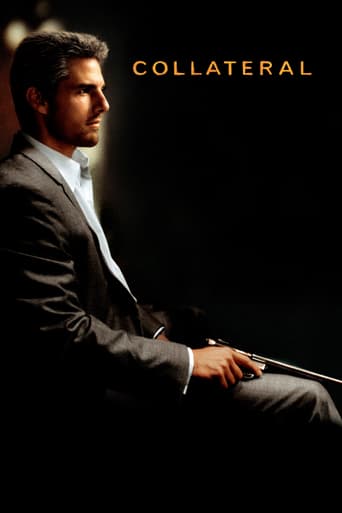
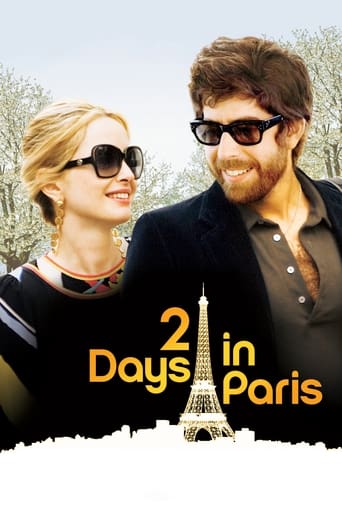

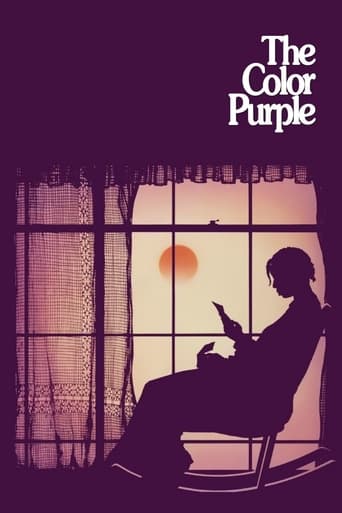
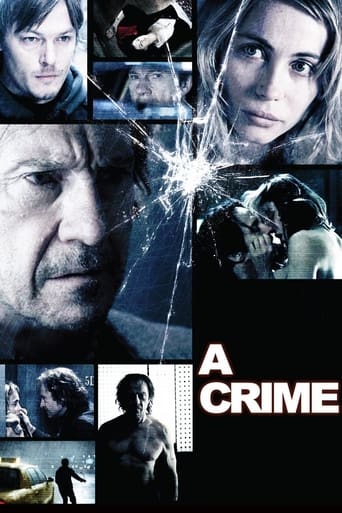
Reviews
Highly Overrated But Still Good
At first rather annoying in its heavy emphasis on reenactments, this movie ultimately proves fascinating, simply because the complicated, highly dramatic tale it tells still almost defies belief.
This is one of the best movies I’ve seen in a very long time. You have to go and see this on the big screen.
One of the most extraordinary films you will see this year. Take that as you want.
*Please note: This review discusses many key events of the film, including the end. Do not read if you have not seen the movie!!!Taxi Blues is a film about control. It isn't, however, as simple as it initially seems. At the film's conclusion, the audience is left to ask, "Who's really controlling whom?"At the beginning of this film, Chlykov has complete control of his life. He manages his cab, and his side job of selling alcohol, with an iron fist and the facial expression to match. He is the master of his domain and no one in his or her right mind would dare to question his authority in any way.The problem is that Lyosha is not in his right mind. His life is careening out of control and he has one priority. Alcohol. From the minute that he requests his first bottle from Chlykov, their lives become irrevocably entangled. In the beginning, it is very clear where the power lies. As the film continues, however, it becomes harder and harder to tell who is controlling whom. Although he does not seem to realize it, Chlykov's life begins to revolve around the very man he seeks to reform. As a result, aspects of his own life start to slip from his control.For example, when Lyosha begins to seduce his girlfriend, Chlykov, in a desperate attempt to prove his authority, smashes Lyosha's saxophone and then engages Christina in an aggressive sexual act against her will. For those few minutes, Chlykov is free of his self-induced commitment to Lyosha. However, his freedom is short-lived. A few minutes later the phone rings and he is soon back at the jail to meet Lyosha, once again putting his own life on hold.By the end of the film, the roles have reversed. Lyosha gets his life together, at least temporarily, and is on top of the world as a beloved, world-renowned musician. Chlykov's life, however, is reminiscent of Lyosha's at the beginning of the film. He severs connections with his girlfriend, his friends and his once structured existence. It is no coincidence that in the last scenes of the film, Chlykov is in a speeding car, spinning wildly out of control.
This film shows the conflict and forming of a friendship between two opposites: Shlykov, the hard-working patriotic cab driver built like a tank, and Lyosha, the thin, panhandling urban Jew.A taxi driver in Moscow named Shlykov gets stiffed of his fare by the Jewish saxophone player named Lyosha who calls himself a genius who "speaks to God". Shlykov tracks down Lyosha and takes his saxophone and that is when the fun begins.Lyosha fails to make money fast enough to pay Shlykov back but Shlykov decides to give him back his saxophone anyways. Lyosha, sensing Shlykov's soft heart, tries to further take advantage of him by begging him for money. After Shlykov lets Lyosha in his apartment, and after Lyosha causes him great trouble costing him even more money, Shlykov takes Lyosha to jail.After a violent outburst by Shlykov he decides to go back to the police station to drop the charges against Lyosha. He has decided that sending Lyosha to jail would accomplish nothing. He wants to show Lyosha what life is like for honest hard-working people. Shlykov makes Lyosha come to work with him. The "intellectual" breaks down when forced to do what millions of other people in the country have to do everyday of their lives. Both characters show impulsive and unpredictable behaviour, but for different reason. Lyosha is simply a drunk. Shlykov is a patriotic ex-athlete full of proletariat angst and senses his nation is dying because of the "rotten" westernized hooligans he sees everywhere in the streets who lack any work ethic.I will not reveal the ending to you but I will tell you this story is not a fairy tale.I think this film goes much deeper than just showing what life was like in the USSR; the two characters can be found in almost every culture in the world today.Excellent performances by both Zajchenko and Mamonov.
After I watched Taksi-Blyuz I`m again convinced that Russian cinematography is spectacular, always has been and always will be. I would recommend listening to music by Charlie Parker ("Bird") as an alternate soundtrack to this film.Me again. Rasto is a man of few words. However, he likes the movie, and his word is good. I haven't seen it yet, but probably will. Rasto has spoken!
Besides this, I have only seen one movie by Pavel Lungin, namely Luna-park, which also comes off highly recommended. Taxi Blues is an excellent work all in itself. Lungin very well transcends the chaotic atmosphere in Russia during the late Perestroika period, and prior to the break-up of the Soviet Union itself. The tumultous relationship between two main characters represents bipolar parts of the Russian society, and shows degradation of the social fabric. Piotr Mamonov (who is also the leader of the well-known Moscow rock-band Zvuki Moo) turns in an impressive performance as Lyosha - a westernized, alcoholic Jewish mucisian. The rest of the characters are equally picturesqe, be it the strong willed, conservative, nationalistic taxi driver, or his neighbor, an old man of the Stalinist generation. The film's unsettling pacing and incessant moodswings further contribute to the overall picture. An excellent film from one of Russia's leading directors.
